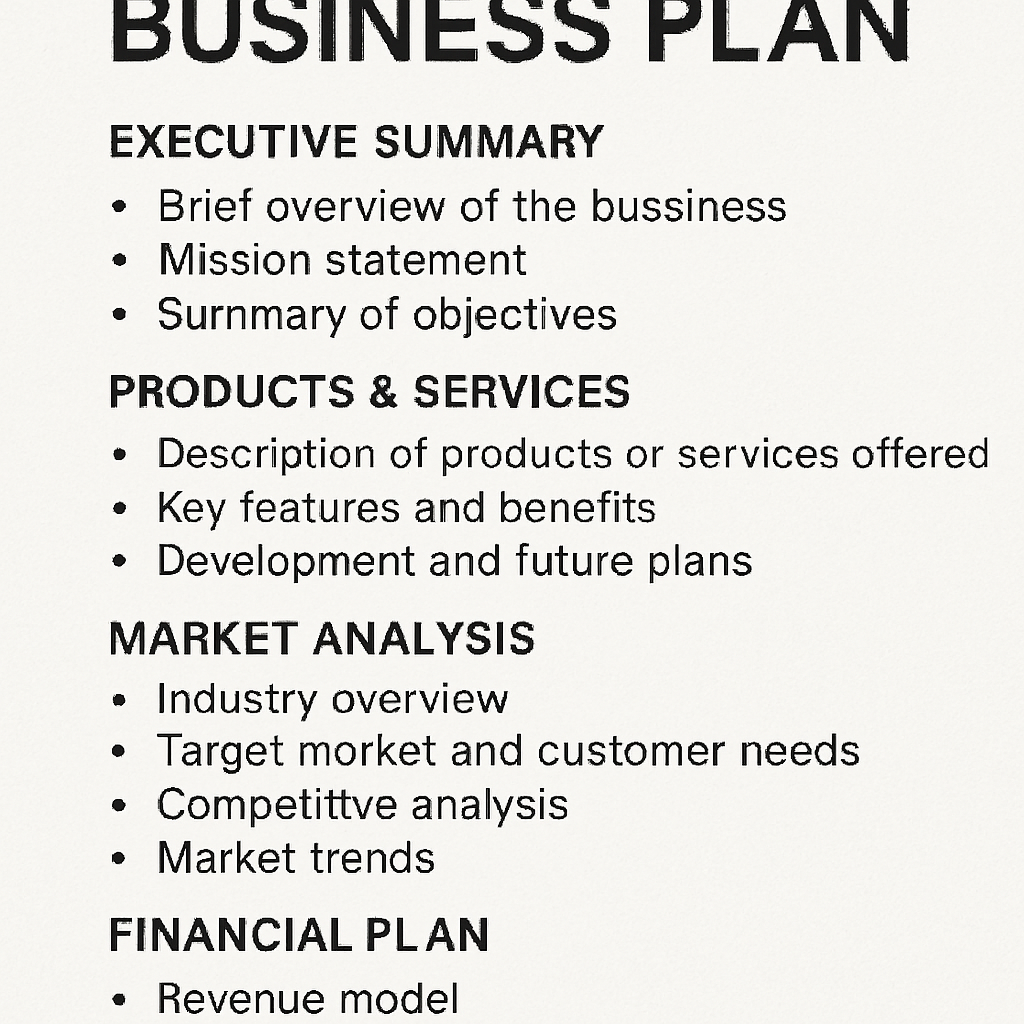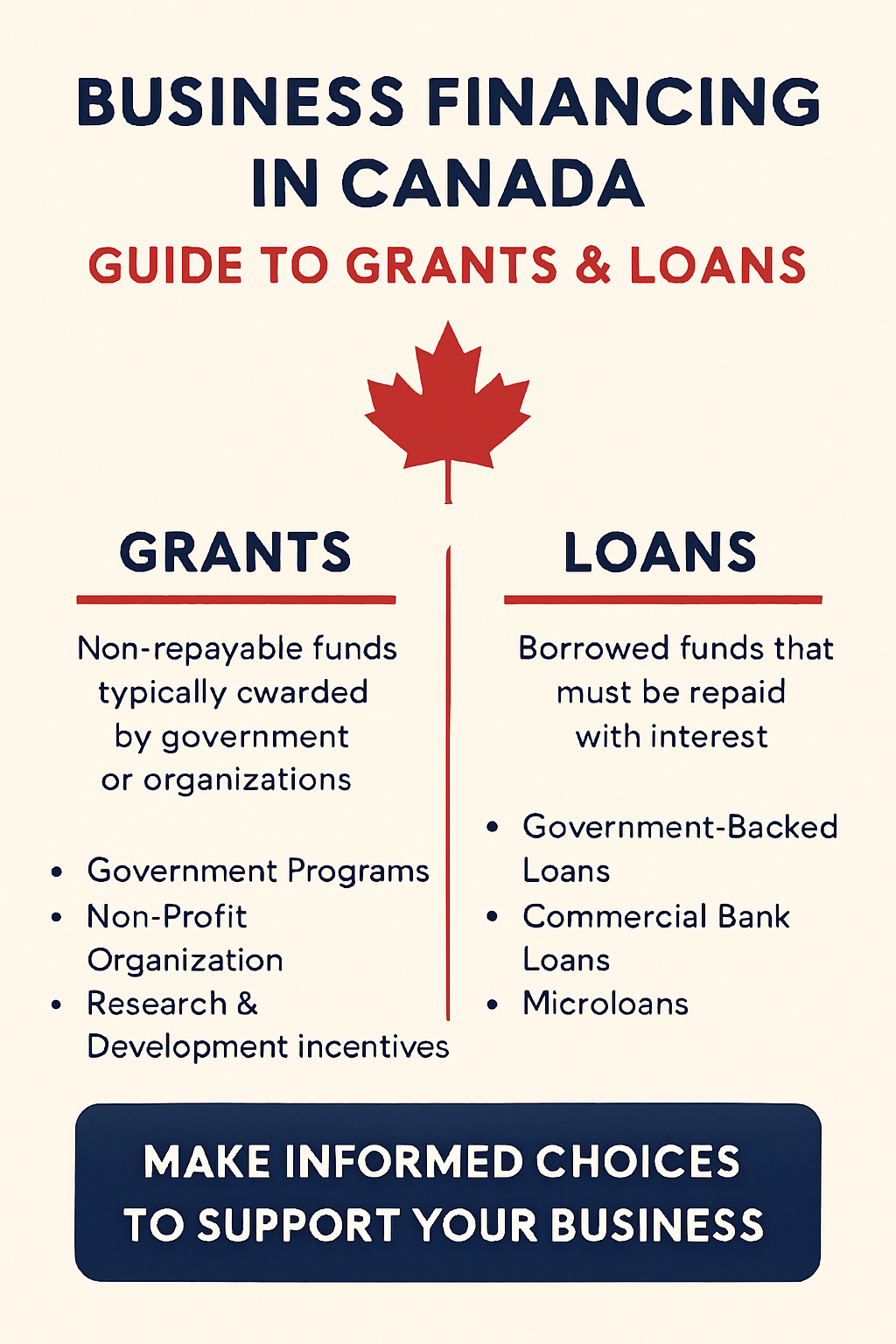Financial planning is an essential skill that everyone should develop. It involves setting financial goals, creating a roadmap to achieve them, and making informed decisions about your money. Whether you're planning for retirement, saving for a major purchase, or simply looking to better manage your daily expenses, effective financial planning is key.
In this article, we will explore what financial planning means, its importance, as well as the steps to follow to create a solid plan for your personal and family needs. We will also discuss the role of financial advice from banks and other institutions in your financial journey.
Before diving into the steps of financial planning, it is crucial to understand its definition well. Financial planning is the process of organizing your finances in order to achieve your life goals. These goals can be short-term, such as saving for a vacation, or long-term, like preparing for retirement or buying a house.
Why is financial planning important?
Financial planning helps you make the most of your income and savings. It provides a clear view of your current situation and the necessary steps to achieve your goals. It also helps reduce stress by preparing you to deal with unexpected events and changes in your financial situation.
The steps for effective financial planning
Step 1: Assess your current financial situation
Start by analyzing your current situation. This includes evaluating your income, expenses, debts, and savings. Understanding where you stand will help you set realistic goals and identify areas for improvement.
Step 2: Define clear financial goals
Your financial plan should be guided by clear and achievable goals. These goals can range from paying off debts to saving for your children's education or building an emergency fund. Make sure your goals are SMART: Specific, Measurable, Achievable, Realistic, and Time-bound.
Step 3: Create a budget
The budget is a fundamental tool. It allows you to track your income and expenses, and to live within your means. Start by listing all your sources of income, then your regular expenses. This will enable you to know where your money is going and where you can cut back.
Step 4: Plan Your Taxes
Taxes have a significant impact on your finances. It is therefore essential to anticipate them. Understand the tax implications of your income, investments, and other financial activities. Consider seeking advice from your bank or a tax specialist to optimize your situation.
Step 5: Build an emergency fund
Life is unpredictable, and having an emergency fund can provide great peace of mind. Try to save the equivalent of three to six months of expenses in a separate and easily accessible account.
Step 6: Manage and reduce your debts
Debts can be a major obstacle to achieving your goals. Focus first on paying off high-interest debts, such as credit cards, while maintaining minimum payments on others. You may also consider consolidating your debts or negotiating for lower rates.
Step 7: Investing for the Future
Investing is a powerful way to grow your wealth over time. Consider your risk tolerance, investment goals, and time horizon. Diversify your portfolio to minimize risks and maximize returns.
Step 8: Protect your assets
Insurance is a key element of financial planning. It protects you and your family against financial hardship in the event of unforeseen occurrences, such as illness, an accident, or a natural disaster. Regularly review your coverage to ensure that it meets your needs.
Get financial advice
There are many sources of financial advice, ranging from banks to independent advisors. When looking for an advisor, make sure they are reliable and that they understand your personal situation well. The advice given by banks can be a good starting point, but independent advisors often offer a wider variety of options.
How to choose a financial advisor
- Diplomas and certifications : Look for recognized certifications, such as Certified Financial Planner (CFP).
- Experience: Choose an advisor who is experienced in the fields relevant to your goals.
- Fees: Understand how the advisor is compensated. Fee-only advisors are paid directly by you and may offer more impartial advice.
- References: Ask for recommendations or check online reviews to assess their reputation.
Financial planning in Canada
In Canada, financial planning is based on the same principles as elsewhere, but includes specific elements related to local laws and financial products. Understanding the Canadian context will help you make more informed decisions.
Retirement planning in Canada
Canada offers several retirement savings options, such as RRSPs (Registered Retirement Savings Plans) and TFSAs (Tax-Free Savings Accounts). Each of these tools has its own benefits and tax implications, and it is important to understand how to integrate them into your retirement plan.
Buying a house and mortgages
For many Canadians, becoming a homeowner is a key goal. Understanding the mortgage process, interest rates, and government incentives can help you make the best choices for your situation.
Conclusion
Financial planning is an ongoing process that requires regular reviews and adjustments. By following these steps and consulting a professional when necessary, you can establish a plan that will help you achieve your goals and secure your financial future.
Don't forget: the key to successful planning is to stay informed and proactive. With a good plan, you'll be on the path to financial stability and peace of mind.



 Carl Lucier
Carl Lucier
